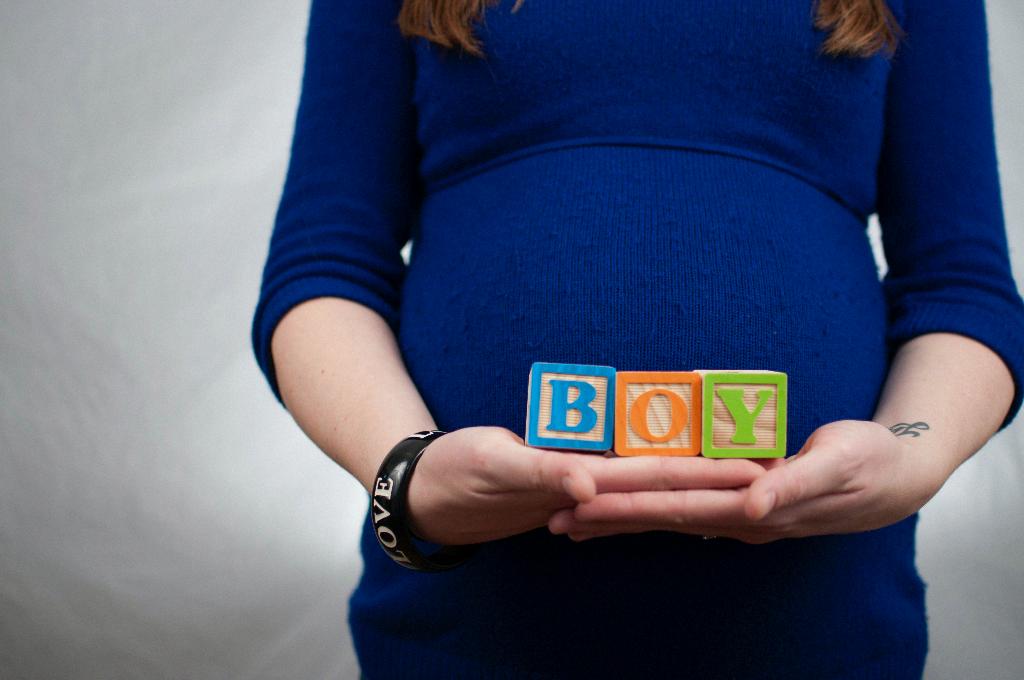Early nausea, a common symptom experienced by many individuals, presents itself as discomfort in the stomach often coupled with an unsettling urge to vomit. This sensation can manifest in various ways, depending on the individual and the underlying cause. It is crucial to recognize the nuances of early nausea to address it effectively and seek appropriate medical guidance.
The Physical Manifestations of Early Nausea
Individuals experiencing early nausea may describe a myriad of sensations in their stomach, ranging from heaviness and tightness to a persistent feeling of indigestion that lingers. These physical manifestations can be distressing and may vary in intensity, leading to discomfort and unease.
Associated Symptoms and Indicators
Early nausea is often accompanied by additional symptoms that can provide valuable insights into its underlying cause. These may include increased salivation, dizziness, sweating, and a general feeling of malaise. Paying attention to these associated indicators can aid in identifying the root issue.
Triggers and Common Causes
Various factors can trigger early nausea, such as dietary indiscretions, motion sickness, anxiety, infections, and certain medical conditions. Identifying the specific trigger for your nausea can help in developing a targeted approach to manage and alleviate the discomfort effectively.
Psychological and Emotional Impact
Early nausea can have a significant psychological and emotional impact on individuals, leading to feelings of distress, frustration, and anxiety. Coping with the physical discomfort while navigating these emotional challenges is essential for overall well-being.
Effective Coping Strategies
Engaging in relaxation techniques, such as deep breathing exercises and mindfulness practices, can help alleviate the intensity of early nausea. Furthermore, maintaining hydration, consuming light and easily digestible foods, and getting adequate rest are essential steps in managing this discomfort.
When to Seek Medical Attention
If early nausea persists or worsens over time, it is imperative to consult a healthcare professional for a comprehensive evaluation. Persistent nausea can be a sign of an underlying health condition that requires prompt medical intervention.
Understanding Individual Variations
It is important to recognize that the experience of early nausea can vary greatly among individuals. Some may experience mild, intermittent discomfort, while others may face more severe and persistent symptoms. Tailoring management strategies to individual needs is key.
Impact on Daily Life and Activities
Early nausea can significantly disrupt daily routines and activities, impacting productivity and quality of life. Developing coping mechanisms and seeking support from healthcare providers and loved ones can help mitigate these challenges.
Addressing Underlying Health Conditions
In cases where early nausea is a recurrent or chronic issue, thorough medical evaluation is crucial to identify any underlying health conditions contributing to the symptom. Addressing these root causes is essential for long-term management and symptom relief.
Conclusion: Empowering Individuals in Managing Early Nausea
By recognizing the nuances of early nausea, understanding its potential triggers, and implementing effective coping strategies, individuals can better navigate this discomfort and improve their overall well-being. Seeking timely medical guidance and tailored interventions can pave the way for a more comfortable and fulfilling life despite the challenges posed by early nausea.

